Introduction
Akita temperament is loyal and protective dogs.
- Known for their strong, independent nature
- Require experienced owners with firm leadership
- Intelligent and highly trainable but needs consistency
- Ideal for families seeking a devoted companion
1. Loyalty and Protective Nature
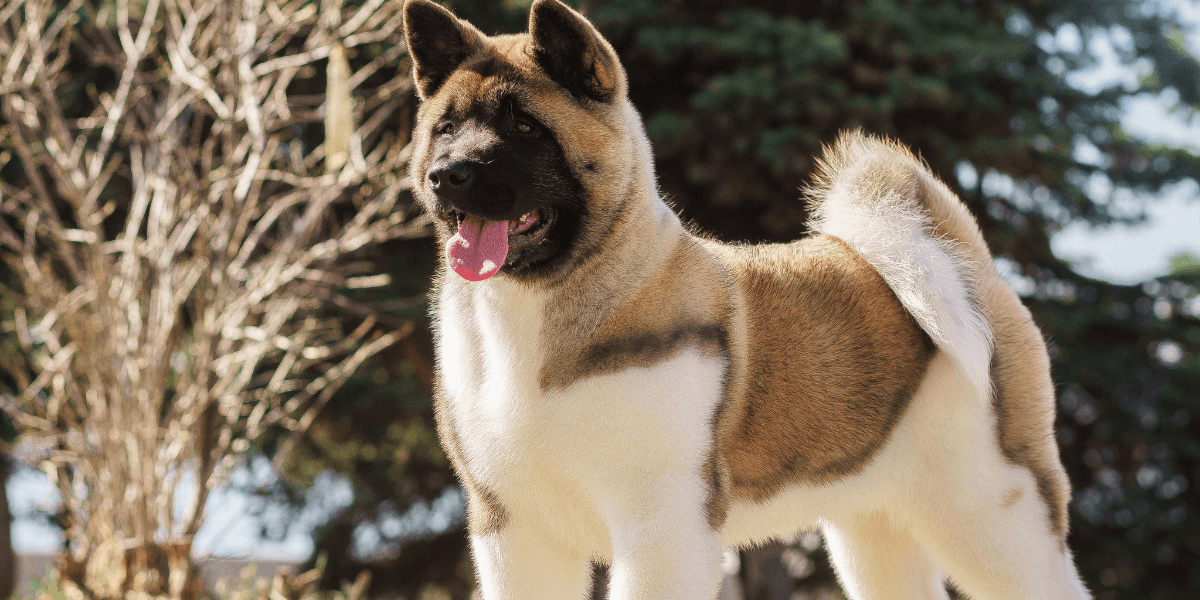
- Strong Bonds: Akitas form strong bonds with family
- Wary of Strangers: Known to be wary of strangers
- Excellent Guard Dogs: Often serve as excellent guard dogs
- Separation Anxiety: Their loyalty can lead to separation anxiety
- Early Socialization: Early socialization is crucial to managing protectiveness
2. Independence and Stubbornness
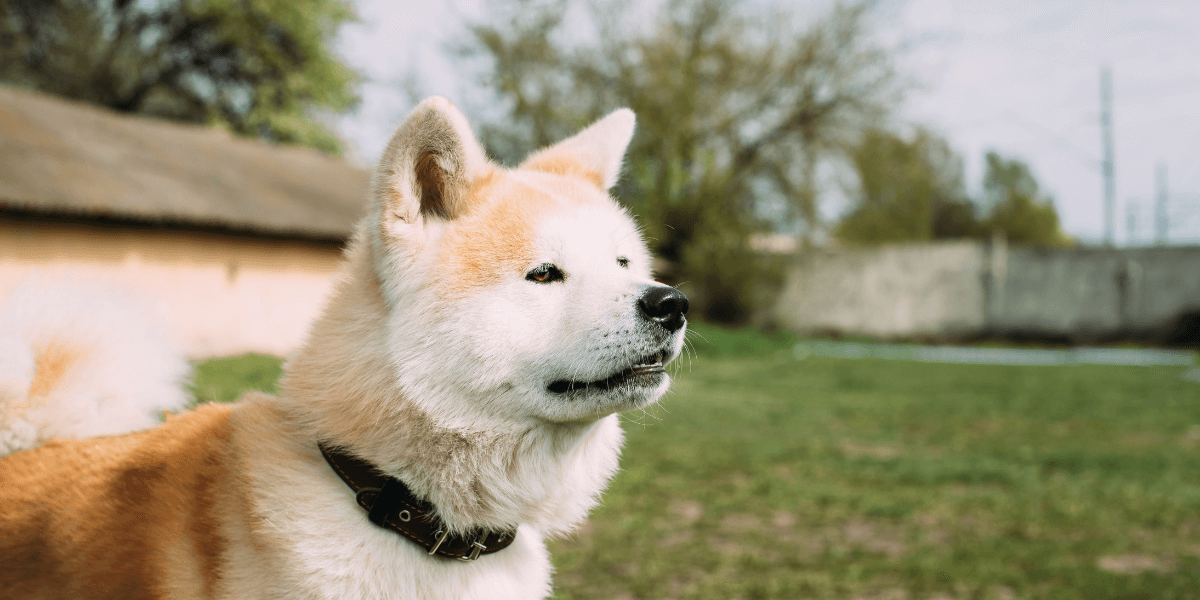
- Strong Will: Akita temperament has a strong will and can be stubborn
- Consistent Training: Require firm and consistent training
- Clear Rules: May test boundaries, need clear rules
- Positive Reinforcement: Positive reinforcement works best
- Patience Required: Patience is key to training an Akita
3. Intelligence and Trainability
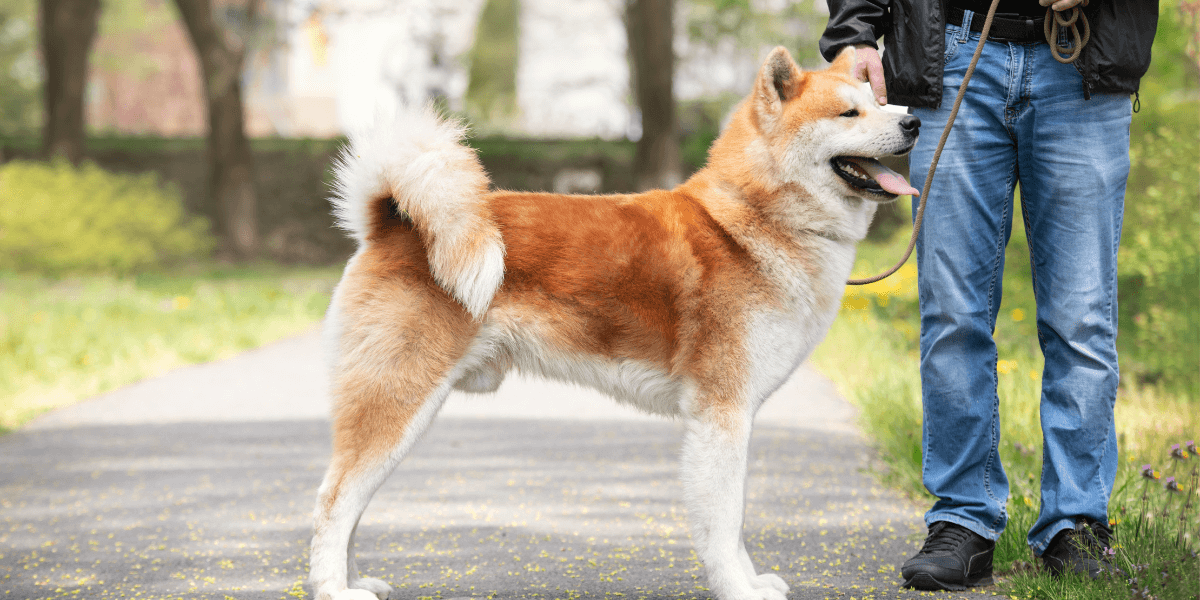
- Highly Intelligent: Akitas are highly intelligent dogs
- Quick Learners: Quick learners but need mental stimulation
- Varied Training: Training should be varied and interesting
- Excel in Activities: Can excel in obedience and agility
- Harness Intelligence: Socialization helps harness their intelligence
4. Socialization and Interaction
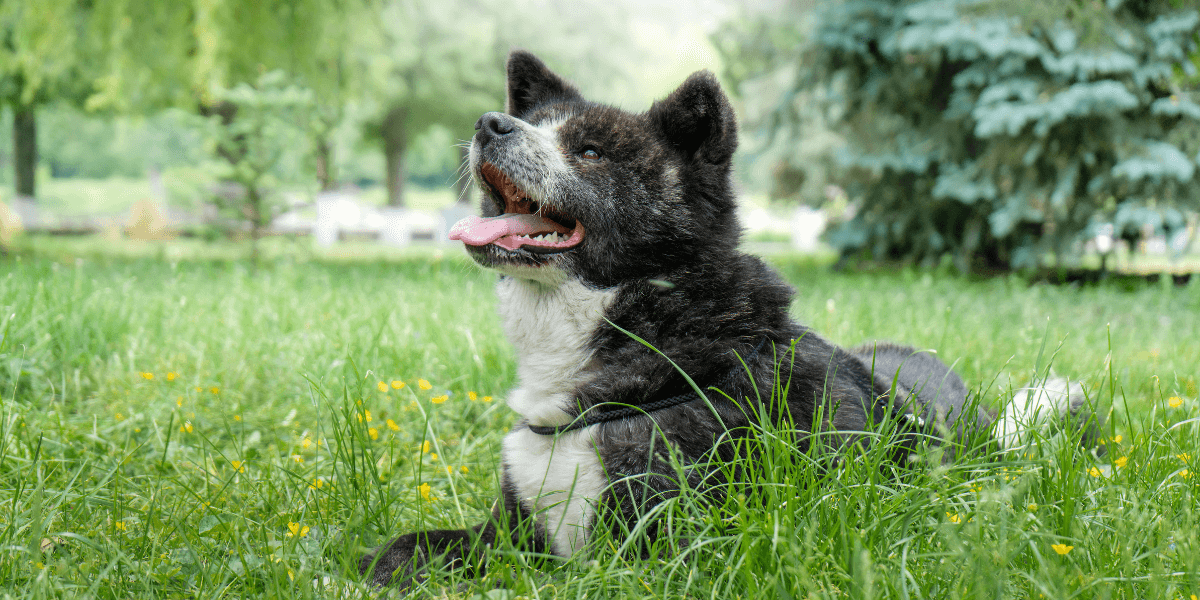
- Prevent Aggression: Early socialization prevents aggression
- Exposure to Diversity: Exposure to different people and pets is vital
- Regular Interaction: Regular interaction helps with adaptability
- Lifelong Process: Socialization should be a lifelong process
- Build Confidence: Positive experiences build confidence
Explore how Mastiffs compare to other breeds in our detailed analysis on Mastiffs and kids.
5. Exercise and Activity Needs
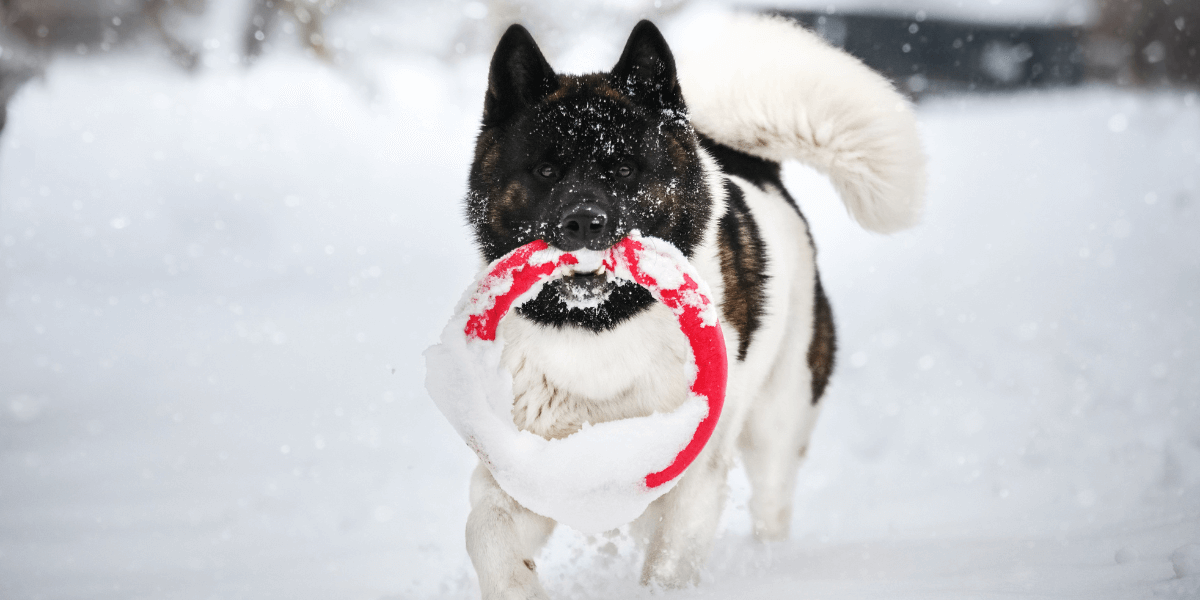
- Regular Exercise: Akitas needs regular exercise to stay healthy
- Daily Walks: Daily walks and playtime are essential
- Active Lifestyle: Enjoy activities like hiking and running
- Mental Stimulation: Mental exercises prevent boredom
- Prevent Behavioral Issues: Lack of exercise can lead to behavioral issues
Discover fun and engaging activities for Akitas to keep your pup happy and healthy.
6. Family Dynamics and Compatibility

- Great Family Pets: Akitas can be great family pets with proper training
- Supervision Needed: Supervision is needed around young children
- Single-Pet Households: Usually do well in single-pet households
- Dominant with Dogs: Can be dominant with other dogs
- Individual Akita Temperament: Compatibility depends on individual temperament
7. Health and Care Requirements
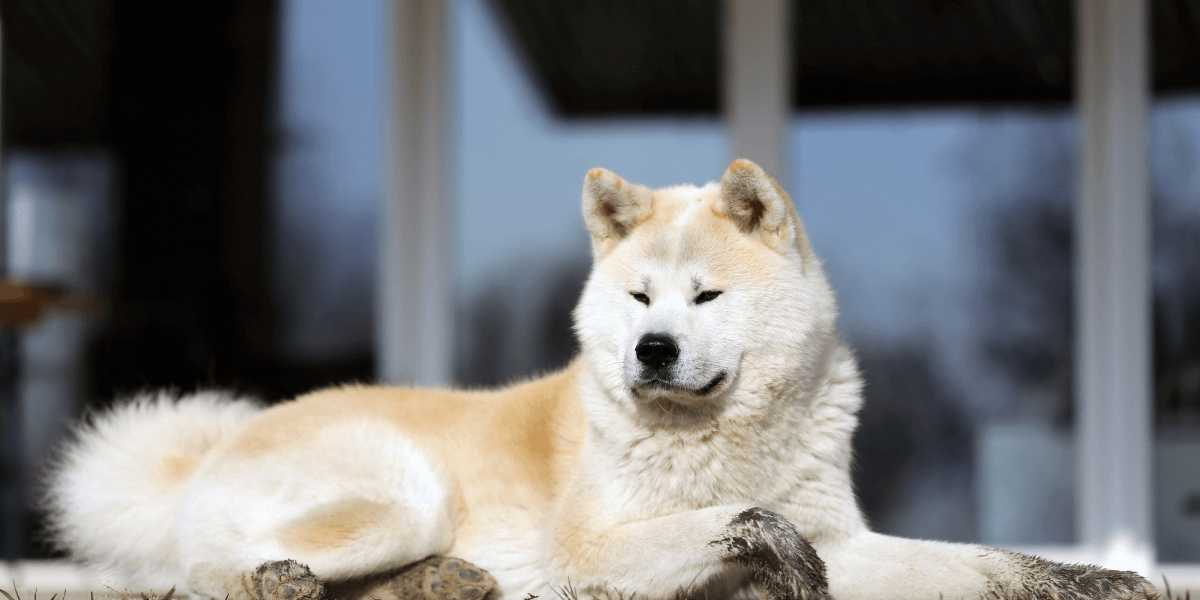
- Regular Vet Check-ups: Regular vet check-ups are essential
- Prone to Conditions: Prone to conditions like hip dysplasia
- Diet and Exercise: Diet and exercise impact overall health
- Grooming Needs: Grooming needs include regular brushing
- Mental Health: Mental health is as important as physical health
Compare common health issues between Akitas and Labrador Retrievers on Labrador Retriever health issues.
FAQs
1. Are Akitas good family pets?
- Yes, with proper training and socialization
2. Do Akitas get along with other pets?
- They can, but often do best as single pets
3. How much exercise does an Akita need?
- They require daily exercise, both physical and mental
4. Are Akitas easy to train?
- They are intelligent but can be stubborn
5. What health issues are common in Akitas?
- Hip dysplasia and thyroid issues are common
Conclusion
- Akita's temperament is loyal, intelligent, and protective
- Require experienced, dedicated owners
- Proper training and socialization are crucial
- Provide regular exercise and mental stimulation
- Consider adopting an Akita for a devoted companion



